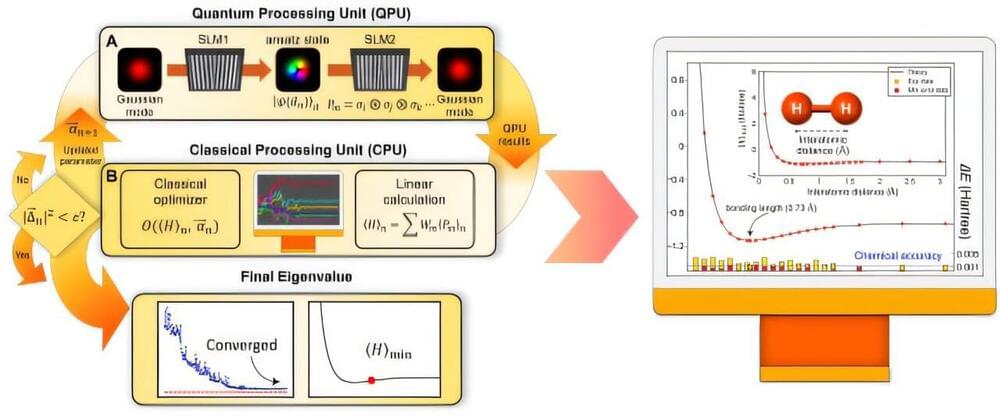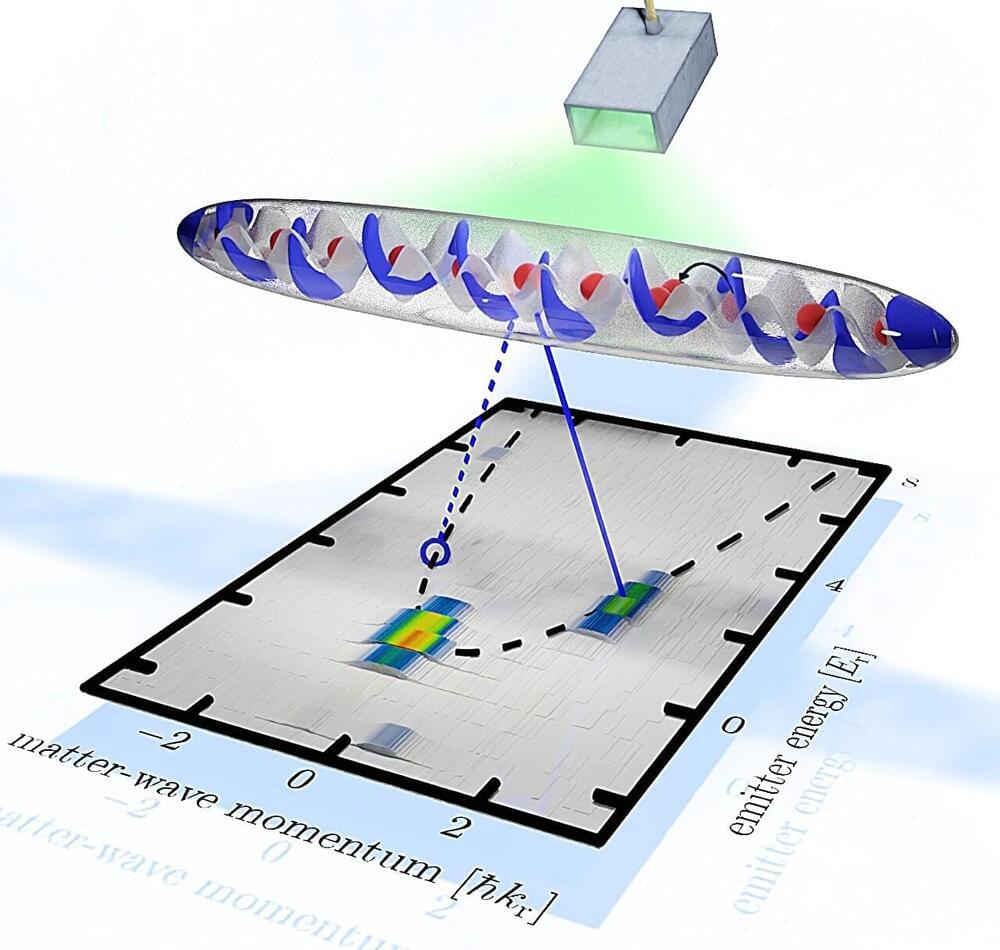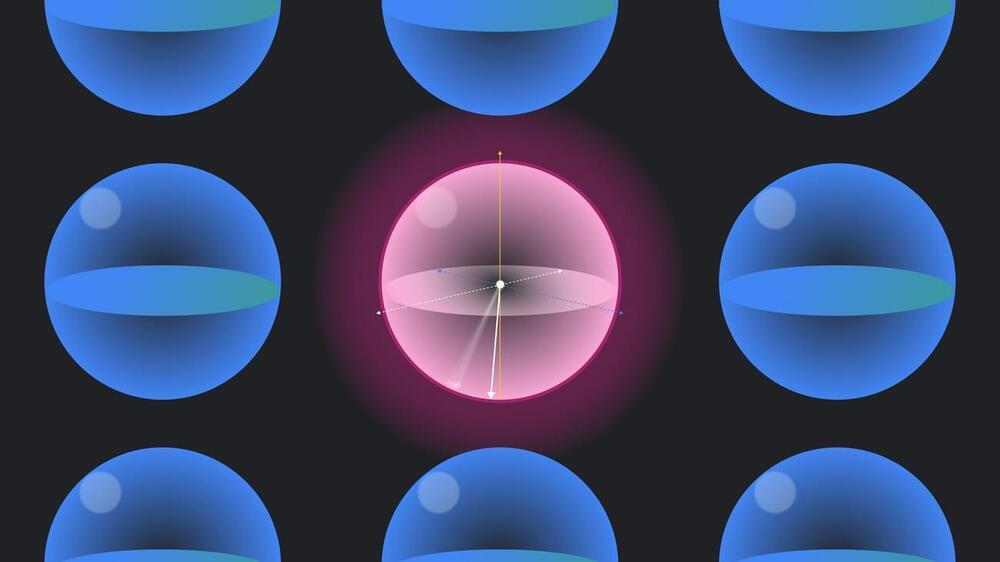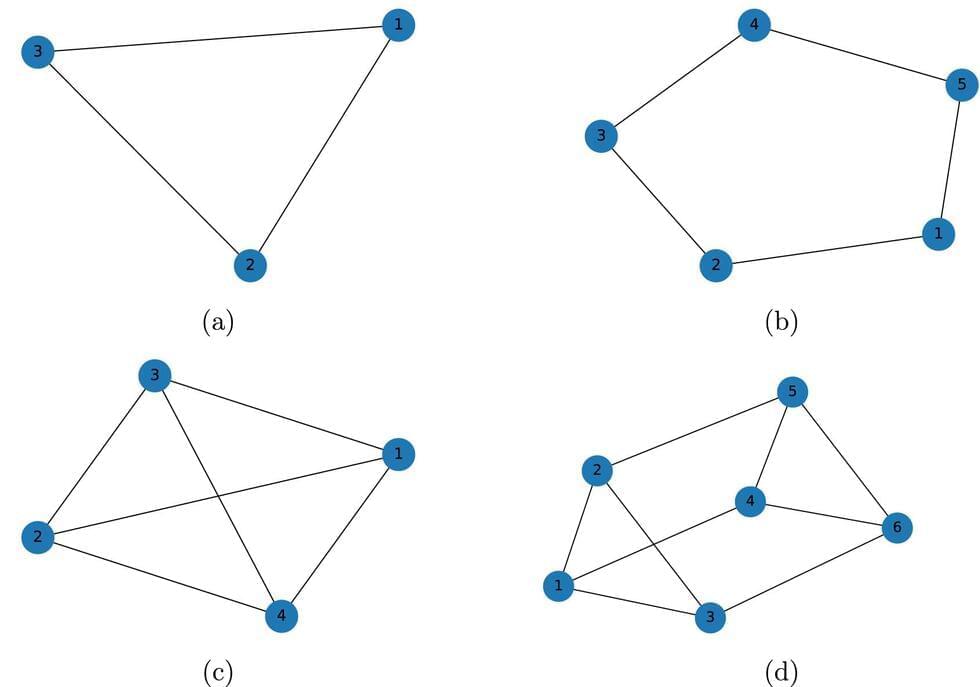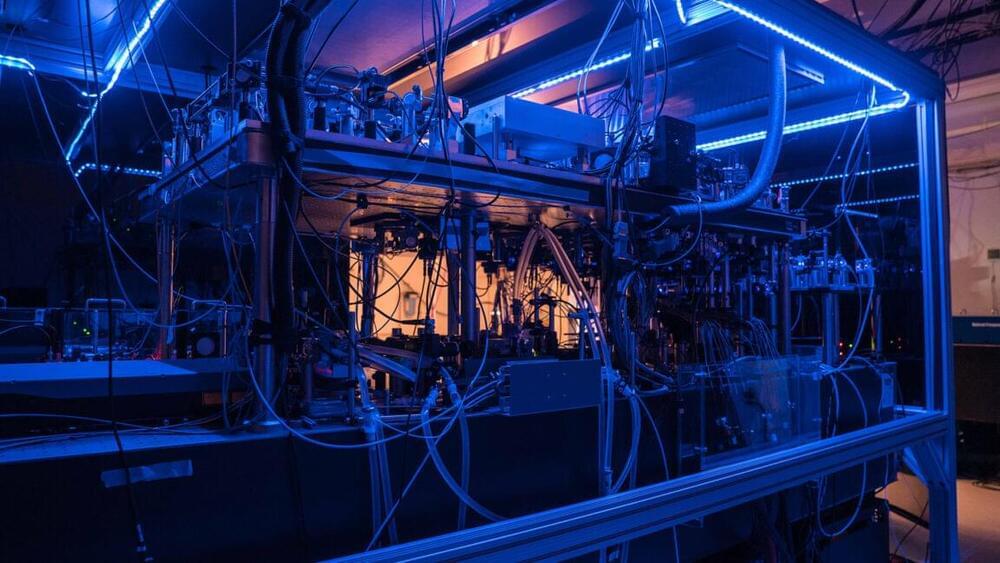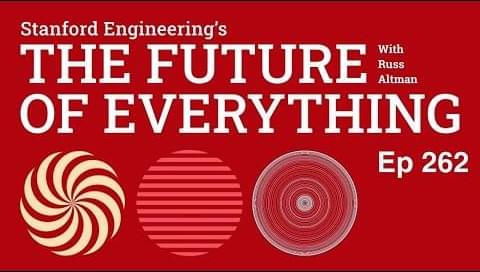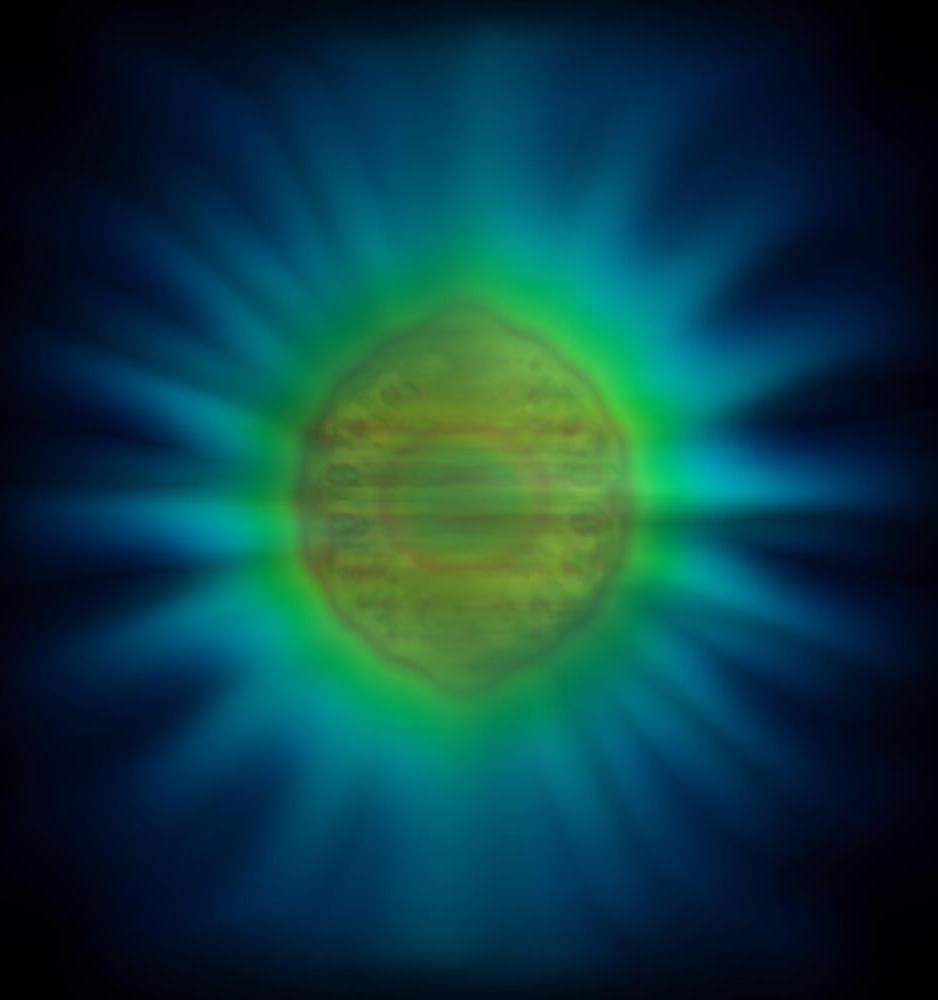Nov 21, 2024
Photon qubits challenge AI, enabling more accurate quantum computing without error-correction techniques
Posted by Shubham Ghosh Roy in categories: chemistry, information science, quantum physics, robotics/AI
In an era where AI and data are driving the scientific revolution, quantum computing technology is emerging as another game-changer in the development of new drugs and new materials.
Dr. Hyang-Tag Lim’s research team at the Center for Quantum Technology at the Korea Institute of Science and Technology (KIST) has implemented a quantum computing algorithm that can estimate interatomic bond distances and ground state energies with chemical accuracy using fewer resources than conventional methods, and has succeeded in performing accurate calculations without the need for additional quantum error mitigation techniques.
The work is published in the journal Science Advances.
